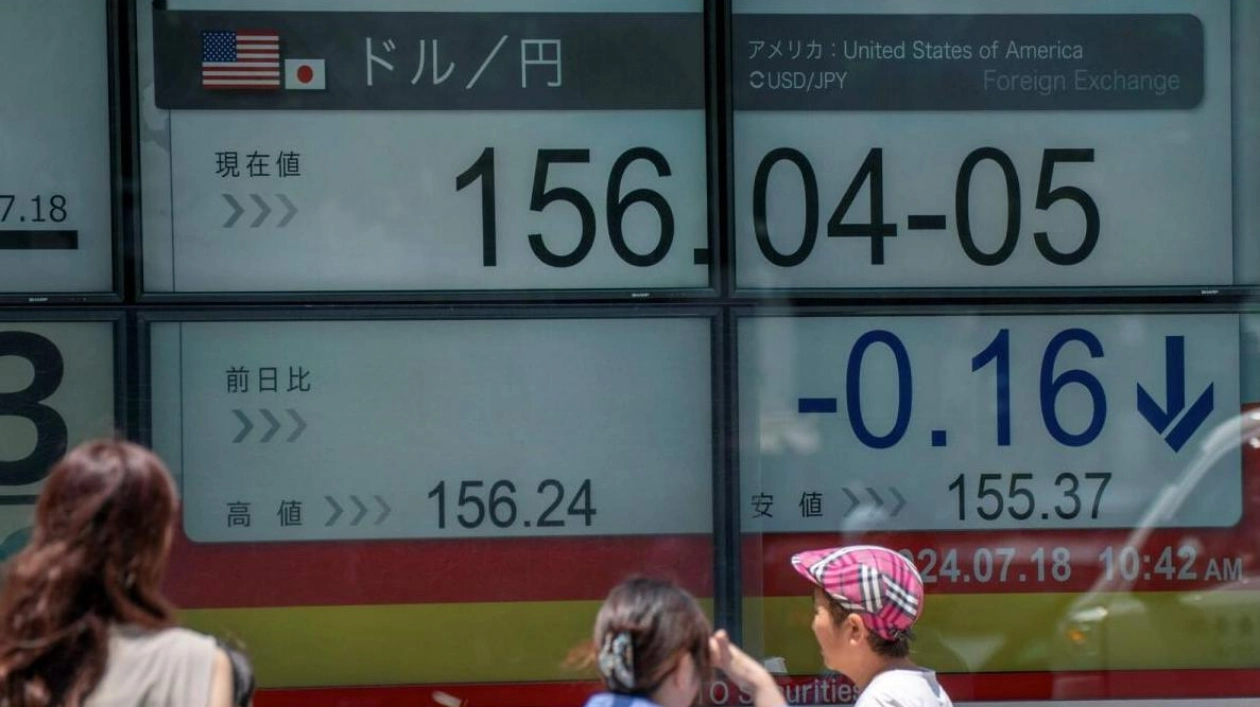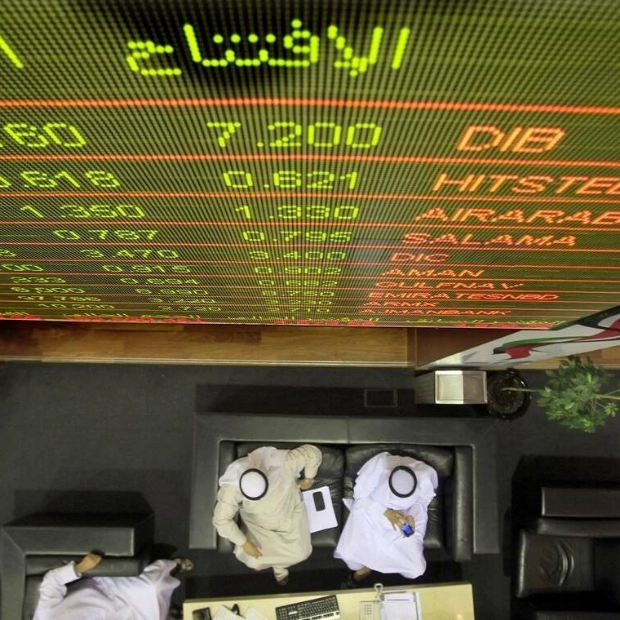Asian equities experienced a downturn on Thursday, with chip stocks leading the decline as investors grew anxious about the potential for heightened trade tensions between the U.S. and China. Meanwhile, the yen remained strong after reaching a six-week high, possibly due to interventions by Tokyo. The U.S. dollar hovered near its weakest level in four months against a basket of currencies, as remarks from Federal Reserve officials strengthened expectations for a rate cut in September, keeping gold prices near record highs.
MSCI's broadest index of Asia-Pacific shares outside Japan dropped by 0.63%, with a sub-index of IT stocks falling 2.5%. South Korean shares, heavily weighted in tech, declined by 1.5%, and Taiwan stocks fell by 2%. The yen's strength and the significant drop in chip stocks led to a more than 2% decline in Japan's Nikkei. A report suggesting that the United States might impose stricter controls on exports of advanced semiconductor technology to China sparked a sharp sell-off in chip stocks, with the Nasdaq experiencing a significant drop overnight.
Ben Bennett, Asia-Pacific investment strategist at Legal and General Investment Management, commented that the spike in volatility is prompting some investors to reduce risk due to concerns about overextended positions. European markets were expected to open mixed, with Eurostoxx 50 futures slightly down, while German DAX futures were nearly unchanged and FTSE futures edged up by 0.5%.
Investors will focus on the European Central Bank's policy decision later in the day, where the central bank is anticipated to maintain its stance. However, comments from officials will be crucial for predicting the timing of the next rate cut. Broader risk sentiment was also affected after Republican presidential candidate Donald Trump mentioned that Taiwan has taken about 100% of the U.S.'s chip business and should contribute to U.S. defense costs.
Chinese stocks fluctuated as investors awaited policy announcements from a key leadership meeting in Beijing. The Shanghai Composite index slightly declined by 0.12%, while the blue-chip CSI300 index was up by the same margin. Investors are fully anticipating a 25 basis point rate cut in September following comments from Federal Reserve officials that the U.S. central bank is closer to reducing interest rates, citing progress in easing inflation towards its 2% target.
This expectation has weakened the dollar, with the euro stable at $1.093425, near its four-month high. Sterling was at $1.3001, just below the one-year peak reached in the previous session. The dollar index, which measures the U.S. currency against six major peers, was up by 0.1% at 103.78, not far from the four-month low of 103.64.
The yen reached a six-week high against the dollar at 155.375 early in the trading session, following a sharp rise on Wednesday that led traders to suspect Japanese authorities were intervening to support the currency. Bank of Japan data indicated that Tokyo might have spent nearly 6 trillion yen last week to bolster the yen from its 38-year lows. The yen has fallen by 9.5% against the dollar this year due to the significant interest rate differential between the U.S. and Japan, creating a favorable environment for carry trade.
However, analysts suggest that last week's suspected actions by Tokyo could lead to traders unwinding some of their positions. In commodities, gold was up by 0.34% at $2,466.62 per ounce, just below the record high of $2,483.60. Oil prices were also rising, with Brent futures up by 0.4% at $85.45 a barrel, and U.S. West Texas Intermediate (WTI) crude gaining 0.7% to $83.43.






